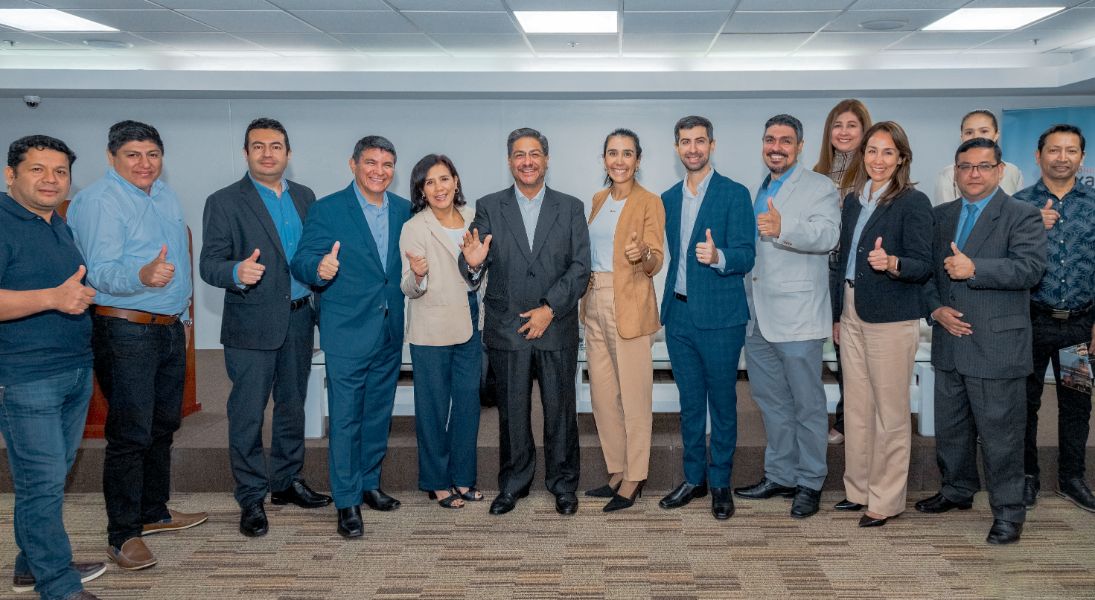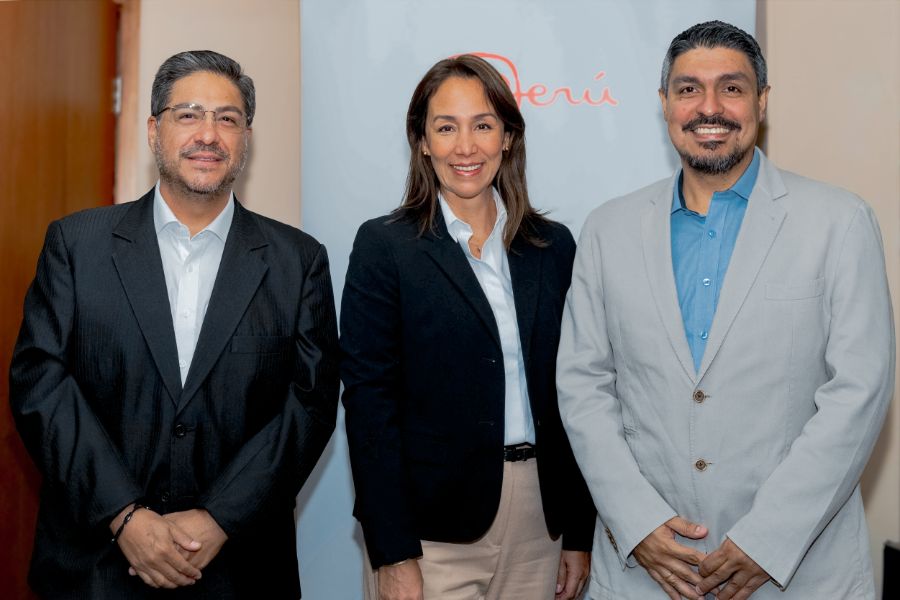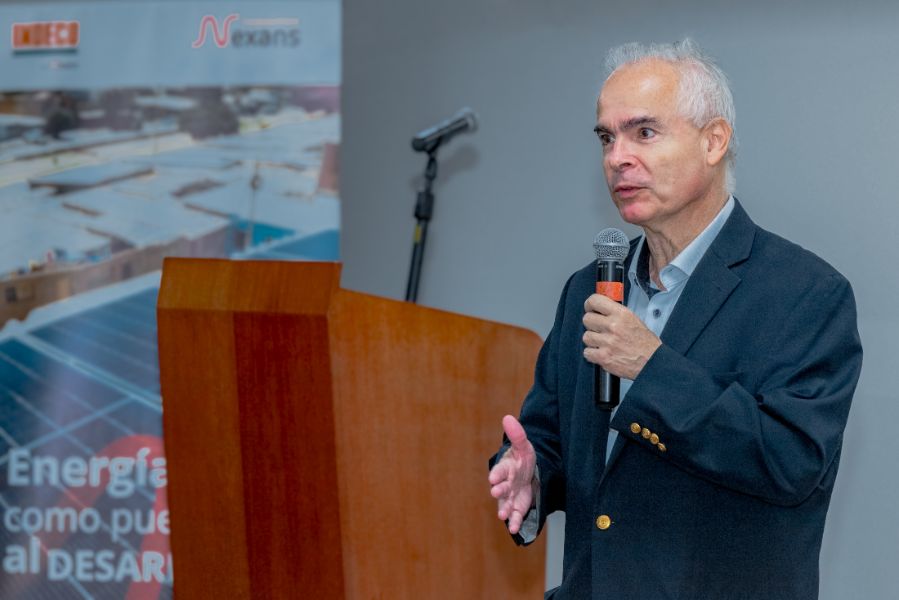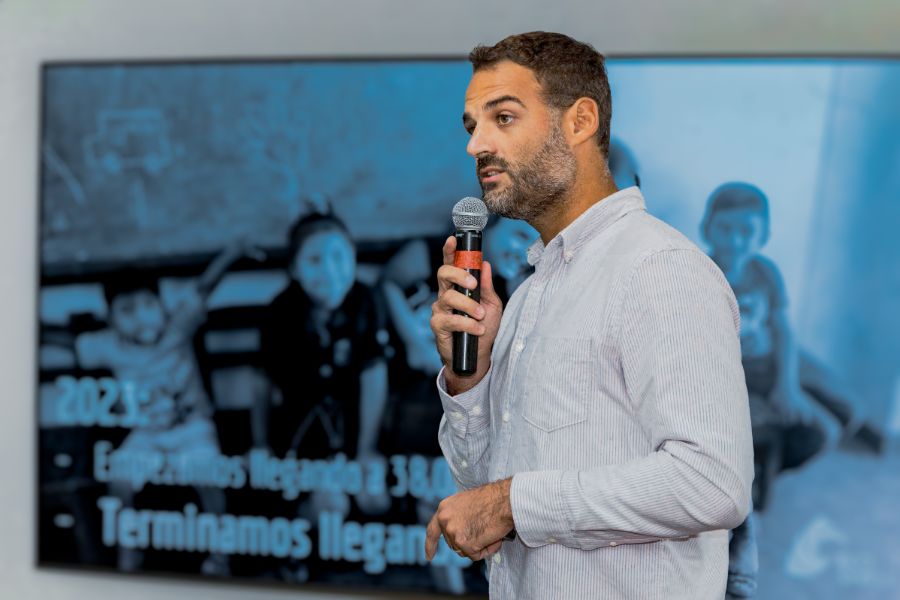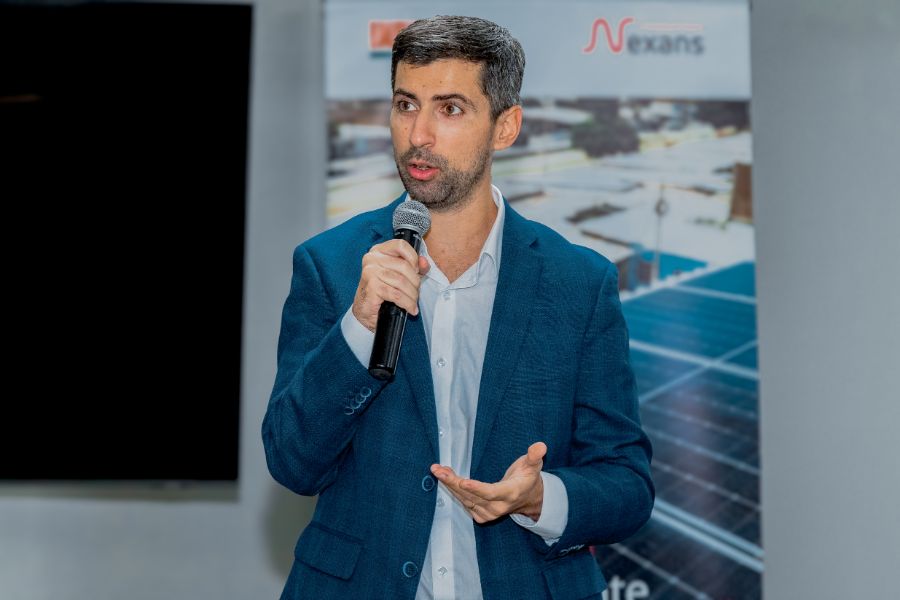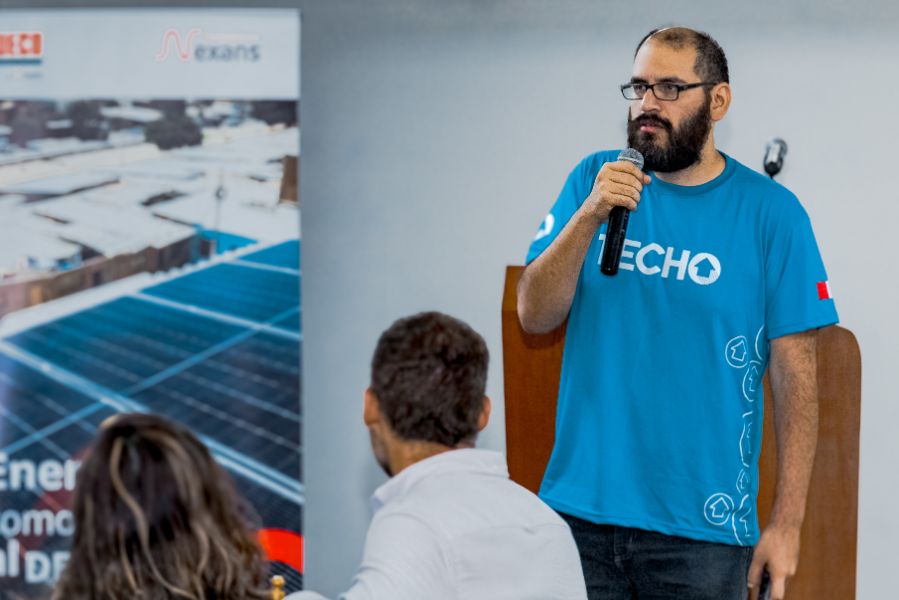- Markets
- Catalogue
- Services
- Tools & Resources
- Downloads
- Company
- Newsroom
-
Nexans Insights
- Nexans Insights
-
Blog Posts
- Overview
- Growing demand for copper and its future
- Electromobility: the road to building an increasingly sustainable transport system
- Guide to Prevent Fires and Accidents at Home (only in Spanish)
- Ten technologies to electrify the future: Electrical and Fire Safety
- Big data & AI
- IoT
- Unveiling innovations transforming the industry
- Transforming buildings industry with 3D printing and modular construction
- The path to effective fire safety in buildings
- Powering the digital change
- Unleashing the power of DC buildings
- Sustainable buildings for a brighter future
- Industry 1, 2, 3, 4... and 5.0
- Nexans copper odyssey
- Limitations of aluminium as an electrical conductor in residential installations
- Find Distributors
- Search
- Contact us
- Compare
- Sign in
We held the event “Energy as a bridge to development”
Apr 17, 2024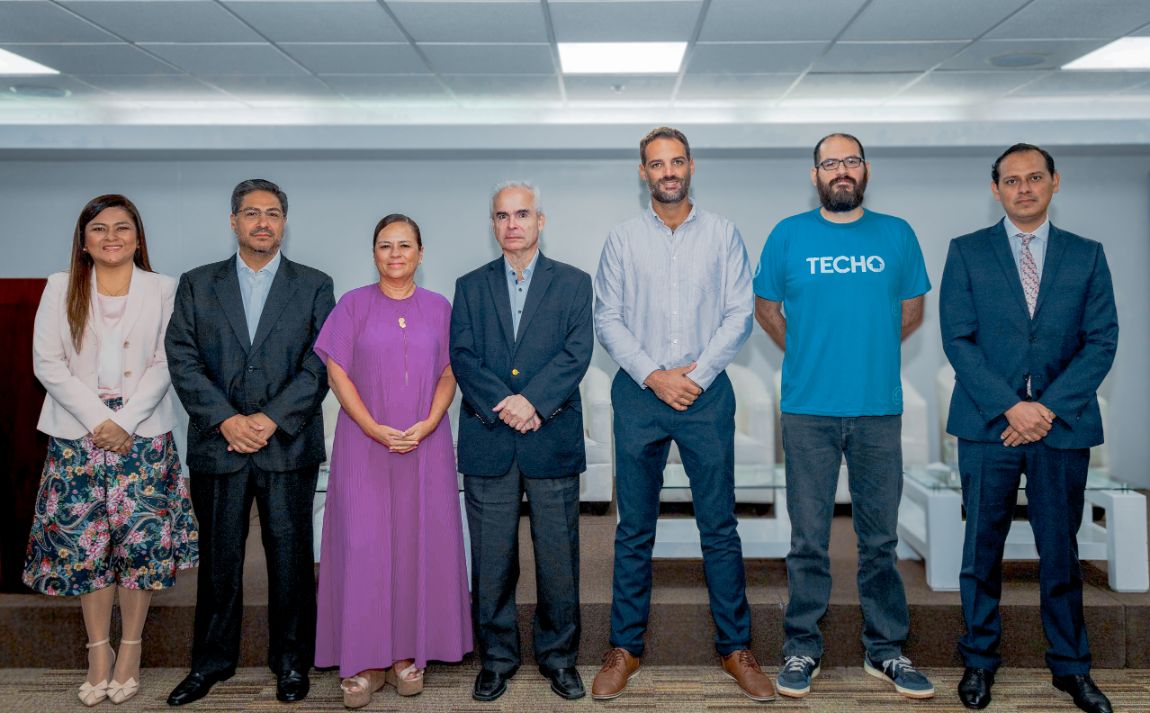
- Nexans Foundation organized the event "Energy as a bridge to development" to analyze the remaining challenges in access to electricity in Peru.
- Electrification in rural areas can generate up to 17% of business opportunities and new jobs.
Lima, April 17, 2024. - According to the Ministry of Energy and Mines, the rural electrification gap has shown a decrease in recent years: from 65% coverage in 2017, 85.8% has been reached by the end of 2023. This is a remarkable improvement, but still far from the targets set for 2026.
Based on this problem, the event "Energy as a bridge to development" took place, organized by Indeco by Nexans and the Nexans Foundation as part of its tenth anniversary, and brought together a panel of experts from academia and the private sector, as well as representatives of non-governmental organizations in order to analyze and discuss the country's outstanding challenges in access to electricity.
Pedro Gamio, former vice-minister of Energy and Mines and master in public policies, indicated that close to 2 million people do not have access to electricity in Peru. "We can no longer stand and watch from the sidelines. We must aim for an energy transition through a diversified and at the same time sustainable matrix, that is, one that is at the service of the people and protects the environment".
According to Jose Luis Velásquez, Lead Partner for Sustainability and Climate Change at PwC Peru, the regions of the country with the least access to electricity are Loreto, Ucayali, Madre de Dios and Amazonas. The expert claims that the gap in the access to electric power has negative repercussions for social and economic development, such as "limited use of technology in health and education, an increase in school dropouts, scarce employment opportunities and restrictions to industrial development". In contrast, electrification in rural areas can generate up to 17% of business opportunities and new jobs.
Meanwhile, the NGOs shared the challenges they face in implementing projects aimed at energy equity. "In many regions of the countryside, power grids are unstable, which particularly affects health centers: the preservation of vaccines and the provision of essential services, such as deliveries, are compromised. This situation is unsustainable". Commented Andrés Bustamante, co-founder of EcoSwell, the organization in charge of the project that benefited more than 57 thousand patients at the Talara Medical Center (Piura) through the installation of an uninterruptible solar power supply system.
Finally, Rafael Sotomayor, Territory Director of TECHO Peru, stated that 1 out of every 3 human settlements in the urban area does not have a formal electricity connection, a figure far removed from urban planning statistics. "There is a lot of talk about the problem of water or drainage, but very little about the lack of access to electricity".
Our websites
Select your country to find our products and solutions
-
Africa
- Africa
- Ghana
- Ivory Coast
- Morocco
- North West Africa
- Americas
- Asia
- Europe
- Oceania
